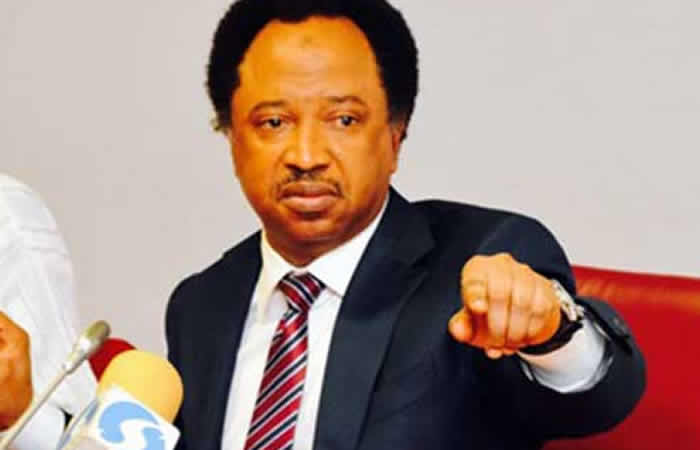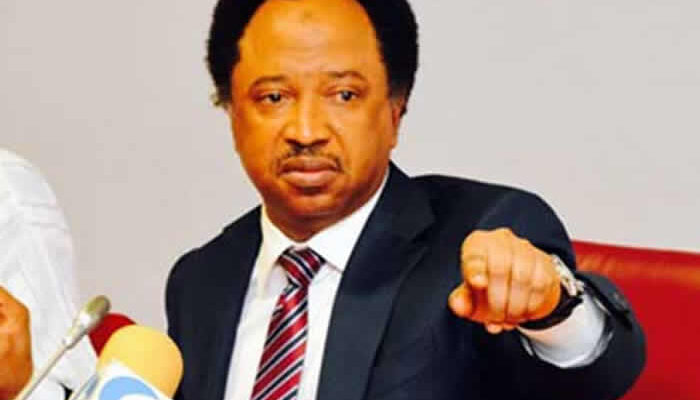
Former federal lawmaker Shehu Sani has called out President Bola Ahmed Tinubu for his refusal to investigate military spending during the administration of his predecessor, Muhammadu Buhari. Sani described the President’s position as contradictory, especially given Tinubu’s active probe of the Central Bank of Nigeria (CBN) under its embattled former governor, Godwin Emefiele.
In a televised interview on Channels Television’s Politics Today program, Sani, who represented Kaduna Central in the 8th National Assembly, expressed his concerns over the President’s approach. Tinubu had stated during a recent media chat that he preferred to focus on the future rather than revisiting past military expenditures.
Sani, however, argued that this stance amounted to turning a blind eye to corruption and mismanagement. He said, “When dealing with a nation facing critical challenges, it’s essential to investigate past looting of public funds. Tinubu’s administration has already looked into irregularities at the CBN. Why then avoid a similar probe into military spending? It’s contradictory to hold one sector accountable and ignore another.”
The former senator emphasized the importance of holding those responsible for mismanagement accountable, regardless of their sector. “If evidence of corruption exists, recovering stolen funds should be the priority. Saying the past is past essentially rewards larceny,” he added.
Sani also urged Nigerians to hold the President accountable for his policies and the performance of his cabinet members. While acknowledging the economic pain caused by Tinubu’s reforms, he noted that such measures are historically unpopular but necessary.
“The President has taken bold steps in reforming the economy, and while it comes with hardship, he must take full responsibility for his decisions and those of his ministers,” Sani concluded.
The debate over Tinubu’s selective approach to probing past administrations continues to spark reactions, with many questioning whether it aligns with his commitment to transparency and accountability.

Comments